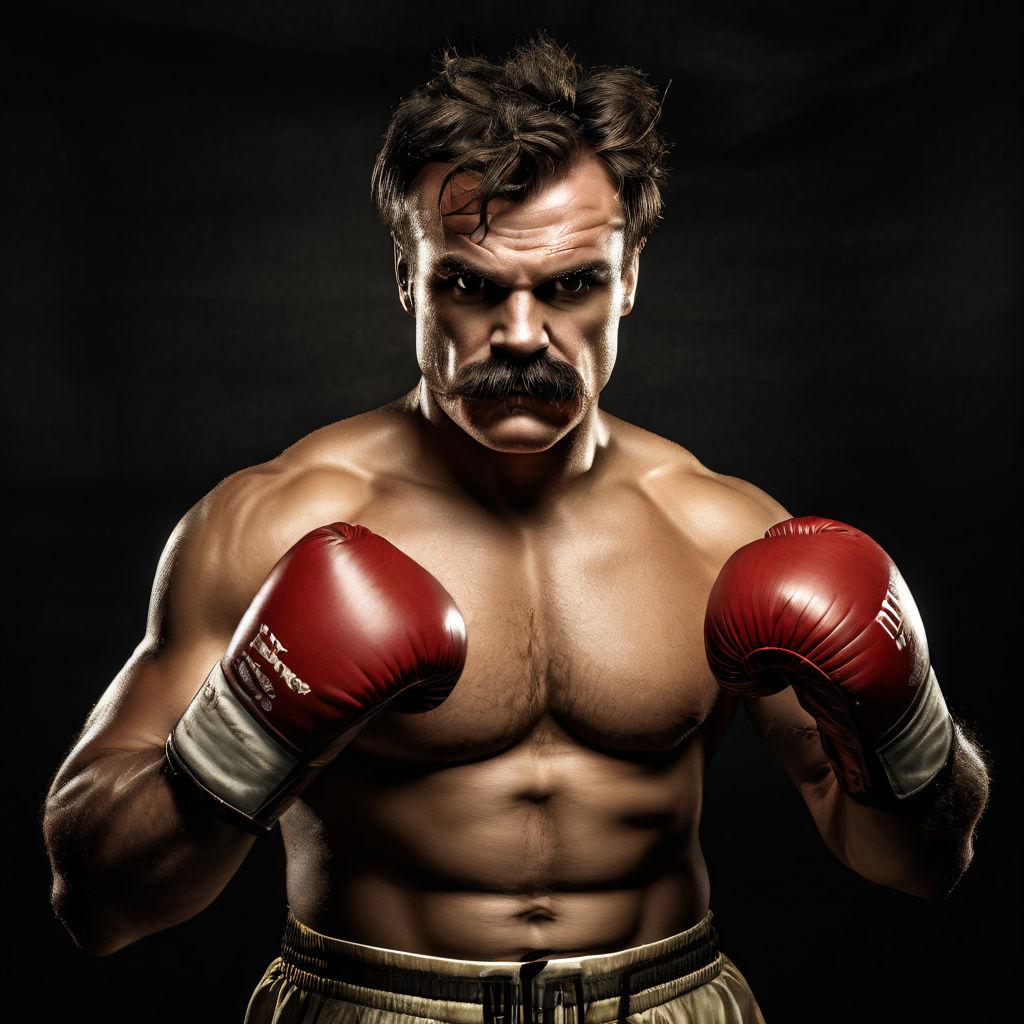The darwinian evolutionary model claims that the organism, which adapts best to it's enviroment has the best chances of survival and procreation.
Unfortunately, survival of the fittest does not mean that necessarily the strong survive. Let alone the definition of strength, it is also possible, to quote a common text, that the meek shall inherit the earth.
Like the novel of H.G.Wells the "Time Machine" shows in vivid pictures the evolution path is not necessarily towards more complexity, more perfection or any idea of development up the evolution-highway. In the novel, mankind reached its top long ago before the time traveller arrived in the future. He find out that mankind had defeated illness, predators or any harm that could press on mankind which degenerates into the overground living elvenlike Eloy, androgynous beautiful harmless people and the underground living strong, orklike cannibalistic Morlock who treat the Eloy as cattle.
Within the evolutionary process mankind degenerates and split into these two human races which degenerate still further as the time traveller find out. He travels to a time near the death of the sun and under the red light of our dying star he sees again the Eloy, now shaped as beautiful fragile butterfly-like creatures and the Morlock, flat crablike creatures who hunt and devour the Eloys within a dying landscape, a barren wasteland.
The whole story of "The time machine" does not contradict the darwinian model of evolution. Nietzsche highly disagree with this as an option, as a fate for humankind. As an sentient, cognitive and thinking species it is our choosing to decide our fate he proclaims.
In his view it is necessary to evolve to higher grounds than to degenerate to fit our enviroment better. This reflects over and over again in his philosophy in which he call humankind for the struggle, to "live dangerously" or as fictional prophet Zarathustra claims that humans fate is the Übermensch, the superhuman. The superhuman is Nietzsches protest against Darwin.
Nietzsches philosophy is not only about the will to power but also the yearning for struggle to expand the human potential. Every fight, every struggle, every hardship is welcomed and embraced as the forge and anvil to willingly harden humanities potential with every blow if the hammer to not weaken and fall.
The topic reflects in tons of novels which deal with the topic, for example:
"The time machine" by H. G. Wells
The "Dune" heptalogy by Frank Herbert
The "Odyssey" trilogy by Arthur C. Clarke
The "Hyperion Cantos" by Dan Simmons
"Wall-E" from Pixar
A very primitive popcultural genre of the superhuman is of course nearly every superhero novel and fiction like the marvel franchise.


Comments